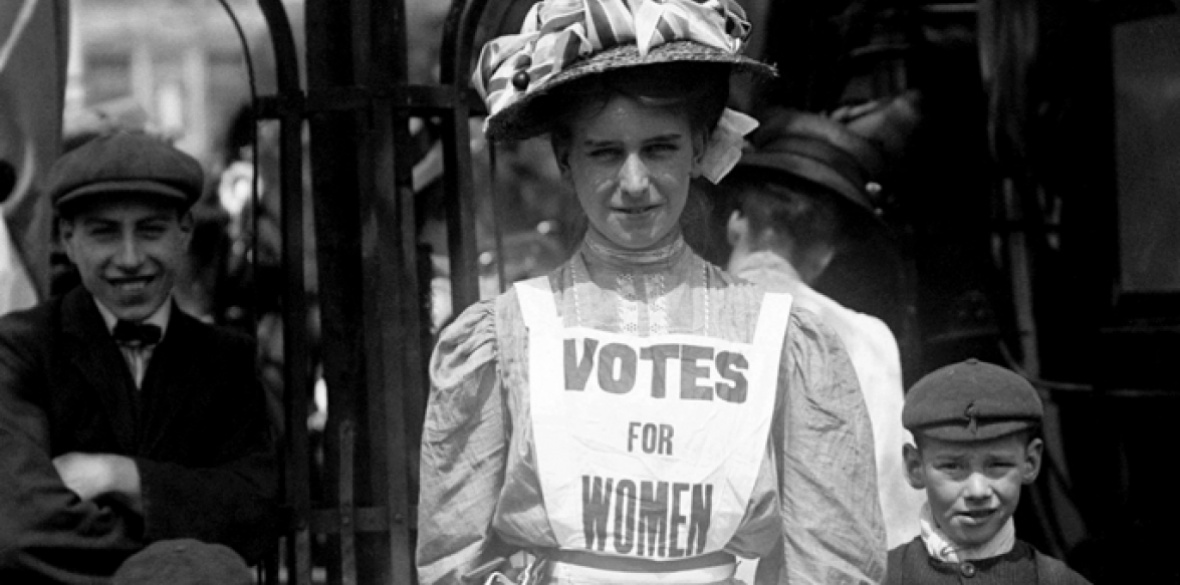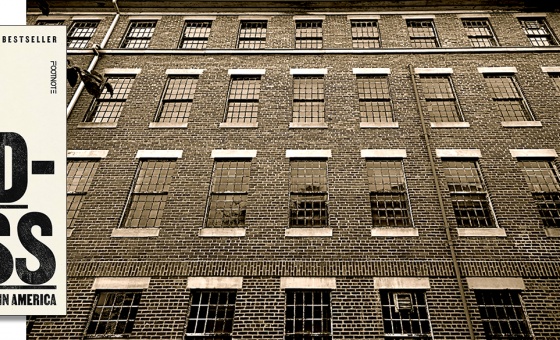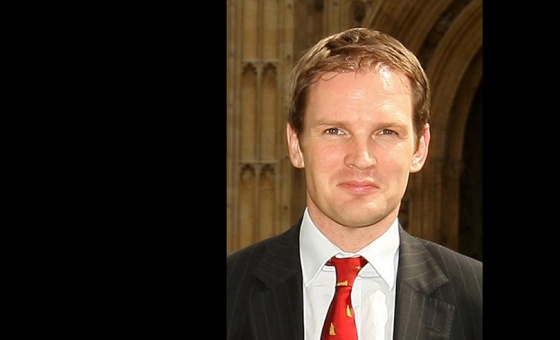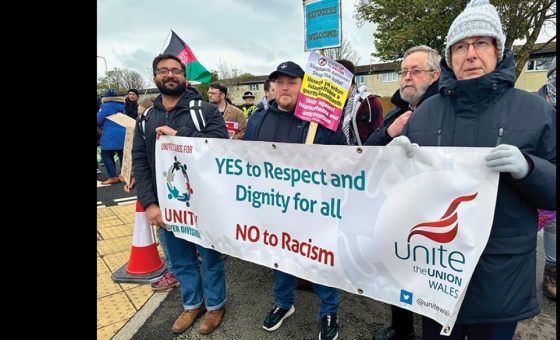This is the last article you can read this month
You can read more article this month
You can read more articles this month
Sorry your limit is up for this month
Reset on:
Please help support the Morning Star by subscribing here
IT IS understandable that, on International Women’s Day this year, organisations will focus on the issue of the women’s franchise.
The centenary of the vote for women is being celebrated and, as many people point out, it was only a partial franchise.
It wasn’t until 1922 in the Republic of Ireland and 1928 in the UK that the universal franchise was introduced for all women over the age of 21. All this is becoming common knowledge as women take more interest in their own hidden history, but how women benefited from voting is something that also needs to become more widely known.
In Ireland, women were granted the partial vote in 1918 but not without a struggle. The Irish Parliamentary and the Unionist parties applied pressure to postpone the bill to Ireland, but they were unsuccessful.
Two women stood as Sinn Fein candidates in the 1918 elections. Constance Markievicz was the first woman ever to win (but not take) a seat at Westminster and Winifred Carney who stood in East Belfast but did not get elected. Sinn Fein was the only party to stand women candidates and then only two, causing Constance to say “it looks as if Irishmen, even republicans, need teaching in this matter.”
Renowned Irish historian Rosemary Cullen Owens wrote on the heated discussions surrounding the issue of suffrage: “The women’s vote was seen as a pawn in the game of power. Pro and anti-treaty representatives both claimed that the majority of women favoured their side.”
Women’s employment and citizens’ rights were attacked after universal franchise was introduced in 1922. Decades later and five months after her defeat in the 1943 election, prominent suffragette Hanna Sheehy Skeffington asked the pertinent question: “Is the Dail [Assembly of Ireland] a fit place for a woman? The answer of the electorate would appear to be no.”
Twenty five years after winning the vote, women were not willing to use the vote to increase their representation in the Dail.
Turning attention to Northern Ireland, the Ulster Women’s Unionist Council promoted male rather than female candidates in the first election to preserve the safety of the unionist cause. Some viewed the Ulster Women’s Unionist Council as a jumble sales, tea-making, cheerleading organisation but, as one of the longest existing women’s groups in Northern Ireland, it was the backbone of the unionist party.
Democratic Unionist Party leader Ian Paisley’s daughter Rhonda Paisley was elected to the Belfast City Council in 1985. She did at one stage condemn International Women’s Day as a Sinn Fein plot, a view that was swiftly dealt with in a critical letter.
However, writing in 1992, Ms Paisley acknowledged how feminism is far removed from the reactionary nature of the unionist party, writing: “it is almost incredible to realise that more women than men vote on polling day and yet we remain the minority of minorities when it comes to representation.”
She noted that unionists have no interest in the feminist agenda and that the answer lies with women who give their vote too readily and, “as a result, there is no serious competition for the female vote right across the board, not just within unionism.
“There are candidates on the DUP ticket whom I do not vote for. Women’s issues form no part of their platform and thus they don’t get my vote.
“Our greatest weapon is our vote. It was bought for us at a terrific price. I believe it is time for us to address seriously the question of whether or not we are prepared to continue to waste it or to use it to demand an agenda which addresses the issues we want and to not use it to merely endorse a reaction.”
Ms Paisley has since removed herself from the political scene and thousands of women still vote for the DUP and other unionists.
However, in 1996, the Northern Ireland Women’s Coalition (NIWC) broke the mould when they challenged an all-male agenda resulting in two female candidates, Monica McWilliams and Jane Morrice, elected to the peace talks in 1996 and the NI Regional Assembly in 1998. These women lasted 10 years and made an impact, but the voters, women included, went back to the old voting patterns, they lost their seats and the NIWC folded.
At the present time, we are in limbo without any representation, domestic violence laws are shelved, abortion law reform is hanging in the air and the first rape crisis centre in Belfast has now been shut down. But we are fighting back!











